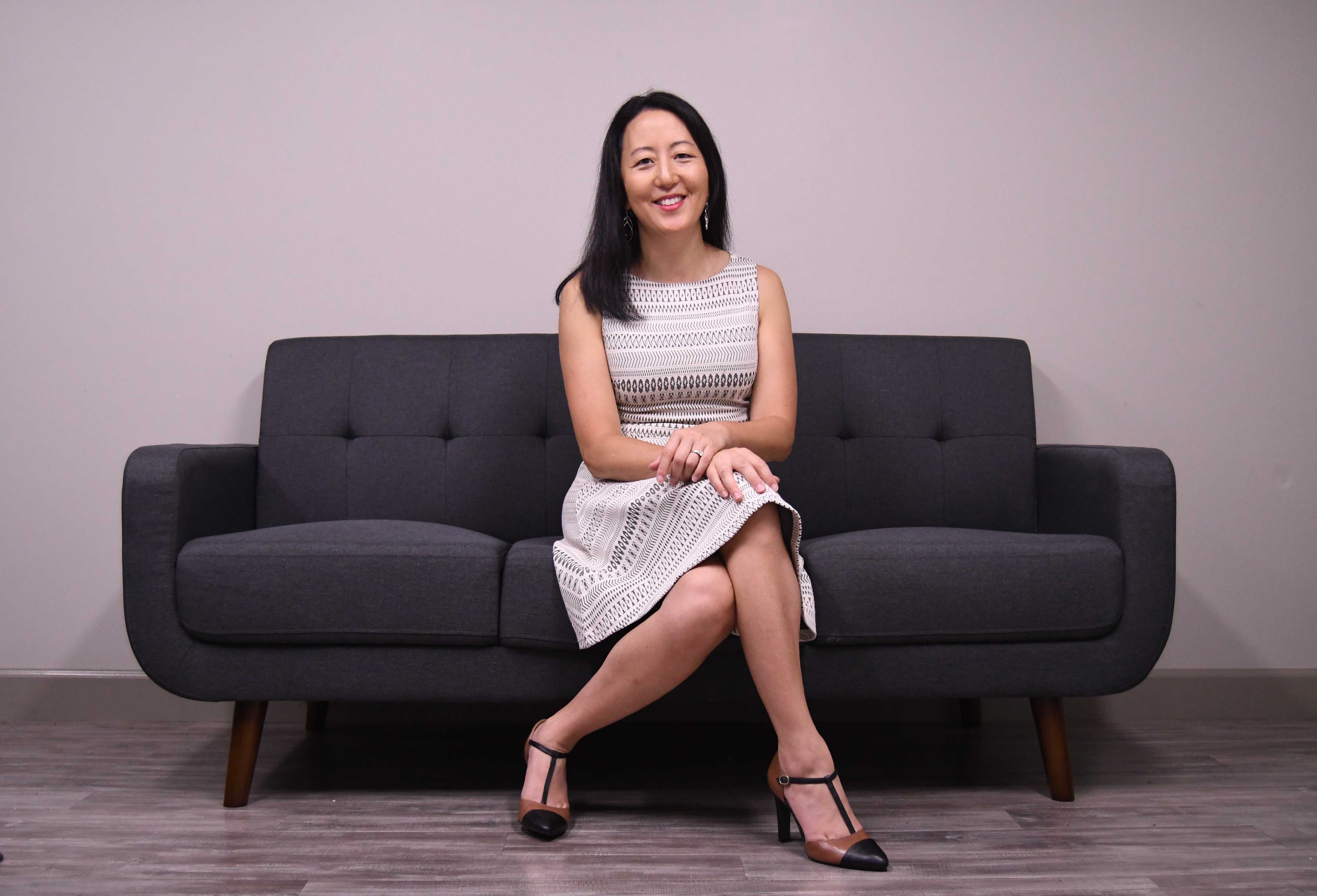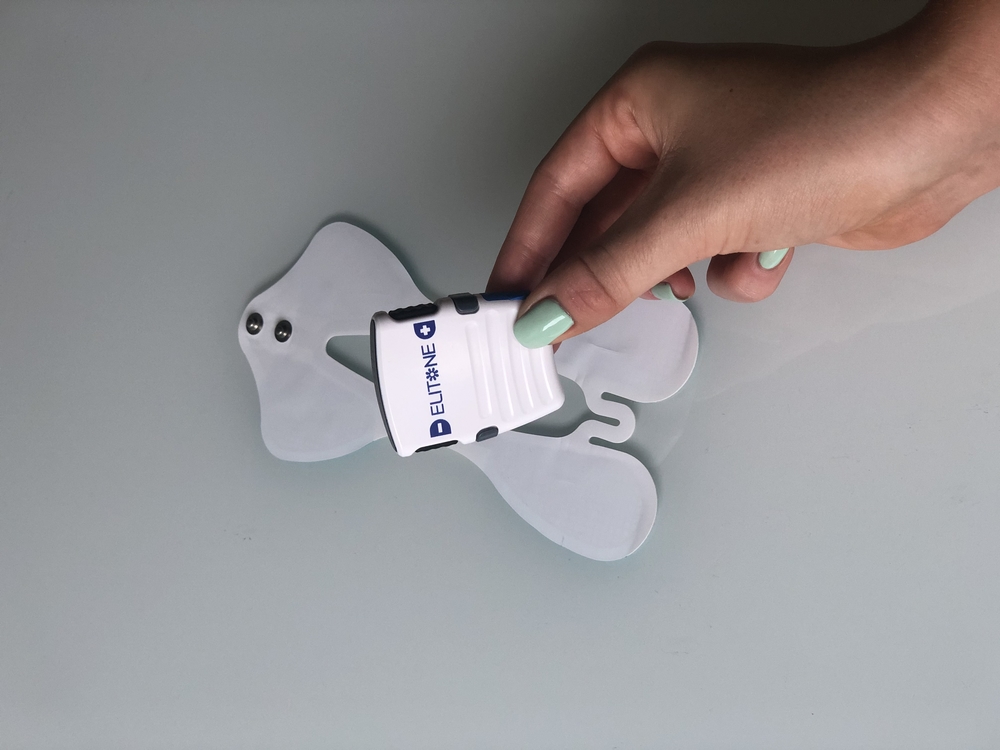New Help for a Health Problem Women Don’t Talk About
-
-
MIT Technology Review
Recommended

In 2004, Gloria Ro Kolb ’94 was leading her first startup, Fossa Medical, which developed therapies for kidney stones, when she learned a startling statistic: one in three women over 30 deals with urinary incontinence. However, it wasn’t until Kolb had three kids that she began to understand the scope of the problem—and the need for a better solution. “I looked into all the treatment options and thought, ‘Oh my gosh, there’s got to be something better,’” she recalls. So she took matters into her own hands by founding the medical-device company Elidah.
Traditional treatments for urinary incontinence in women have been limited to pelvic floor exercises, invasive devices, or—in extreme cases—surgery. Moreover, many women are hesitant to discuss the issue with a doctor. “Women wait so long that it gets harder and harder for them to treat conservatively, and it really does start to affect their quality of life,” Kolb explains.

With Kolb as CEO, the Connecticut-based company has developed Elitone, a noninvasive device composed of a small electrical controller connected to a gel pad. The device, typically worn for 20 minutes four to five days a week, decreases bladder leaks by stimulating and strengthening a woman’s pelvic floor muscles—essentially doing Kegel exercises for her, but longer and stronger than she could, Kolb explains.
Elitone was cleared by the US Food and Drug Administration in 2019 for both prescription and over-the-counter use. “Two-thirds of women won’t talk to their doctor about this—that’s how secret and private it is—so we wanted to reach out to the women directly,” Kolb says. “This is a new and growing category of direct-to-consumer medical devices.”
Two-thirds of women won’t talk to their doctor about this—that’s how secret and private it is—so we wanted to reach out to the women directly.
While FDA approval is a big milestone, Kolb finds the most satisfaction in emails from women describing their return to daily activities like dancing or running. “This is why we do what we do—because it helps,” she says. Now, the company is developing a version of Elitone for the related issue of overactive bladder. It is also investigating whether a similar device can be developed for men.
“MIT is a good foundation for figuring out how to do things well and how to do them on your own,” says Kolb, who majored in mechanical engineering. At Elidah, she has taken on everything from designing and building prototypes to writing patents and regulatory documents. And she is eager for more opportunities to invent as she remains focused on her overarching goal: “Helping as many people as I can with the products that I make.”
This article also appears in the November/December 2020 issue of MIT News magazine, published by MIT Technology Review. All photos courtesy of Elidah.







